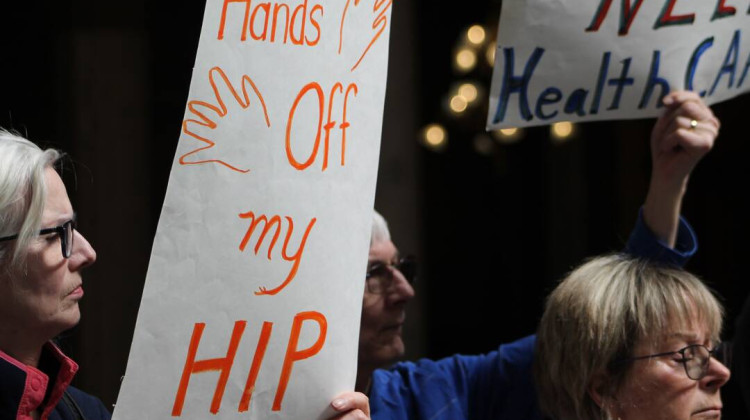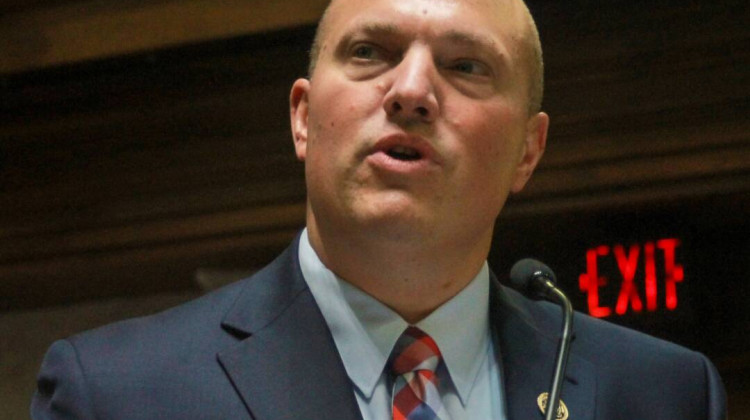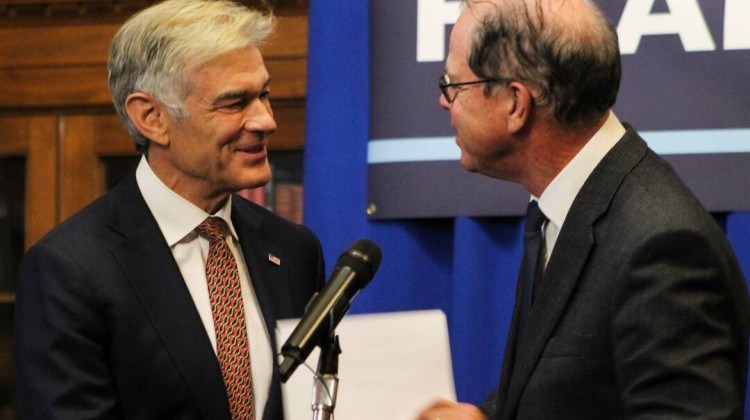The National Institutes of Health has awarded a $1.8 million grant to an Indiana University researcher to study bacteria that affects how mosquitoes transmit diseases such as West Nile virus and Zika.
Biologist Irene Newton says the bacteria, called Wolbachia, prevents insects from transmitting viruses both to each other, and to humans, although it is not clear exactly why or how it spreads.
“It’s a microbe that we can leverage as humans to be able to prevent the spread of human diseases,” Newton says. “What we’re trying to understand is how it colonizes and is transmitted within populations.”
Wolbachia has been found in up to 60% of insect species, but not all strains of the bacteria behave the same. The particular strain used in this study is found in fruit flies, but continues to inhibit virus transmission when transferred to mosquitoes.
Three IU biologists won a Nobel Prize in 2017 for their work on fruit fly genealogy.
Newton says the new study could allow biologists to use the bacteria to prevent other types of diseases.
“There are many insects that cause major disease outbreaks in agriculture systems,” Newton says. “We’d like to know how can we best transfer Wolbachia to new host backgrounds.”
Wolbachia is already being used by several organizations around the world to reduce mosquito populations. In Fresno, California Google’s life science firm Verily has used Wolbachia-infected mosquitoes to reduce the native mosquito population by 95% over the last two years.
This technique works because only female mosquitoes can bite, and when male mosquitoes infected with Wolbachia mate with non-infected females, the embryos are destroyed.
According to the National Institutes of Health, the grant is set to fund the Wolbachia project through April 2024.
 DONATE
DONATE








 Support WFYI. We can't do it without you.
Support WFYI. We can't do it without you.